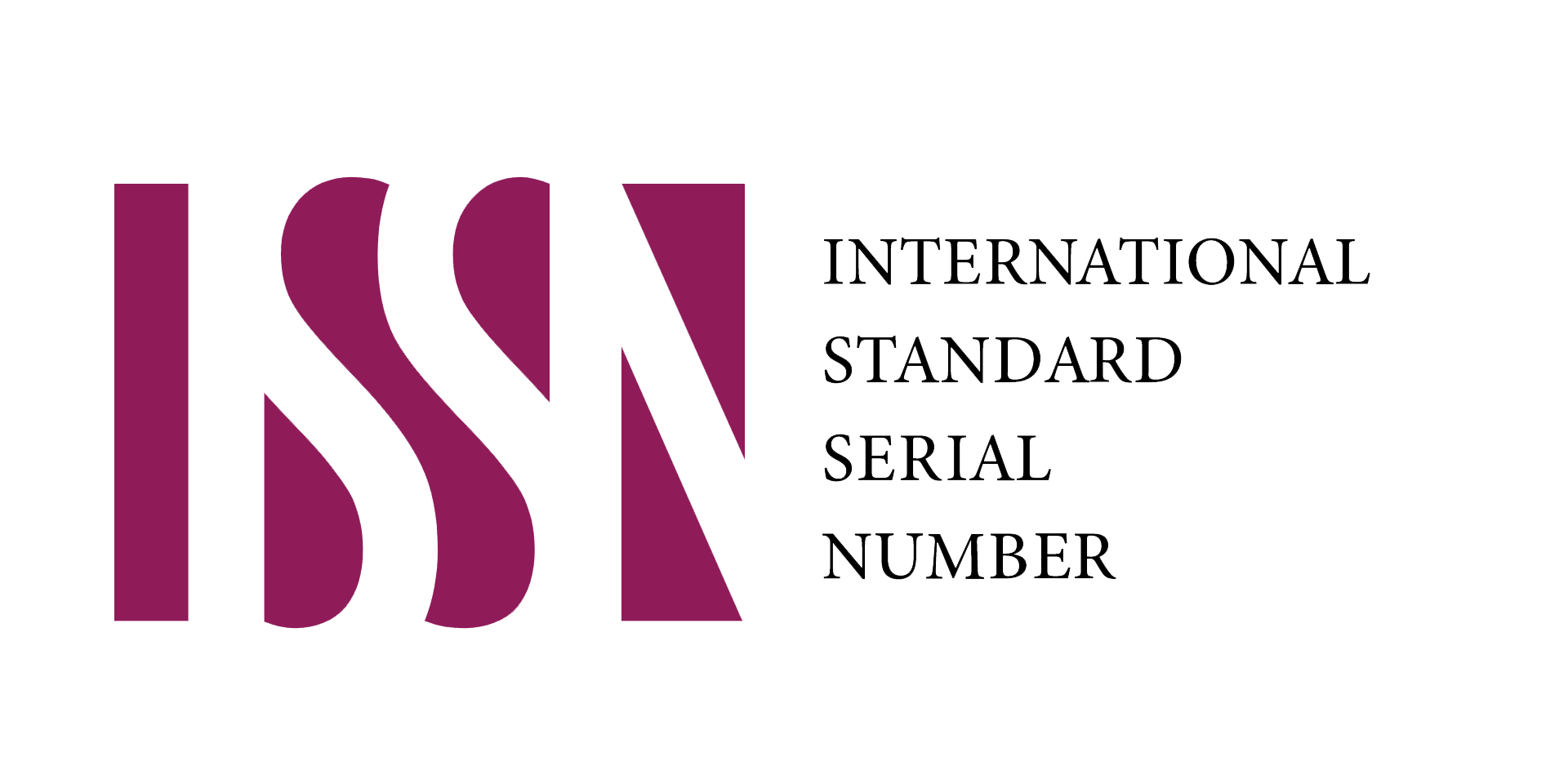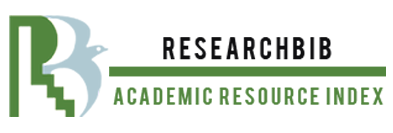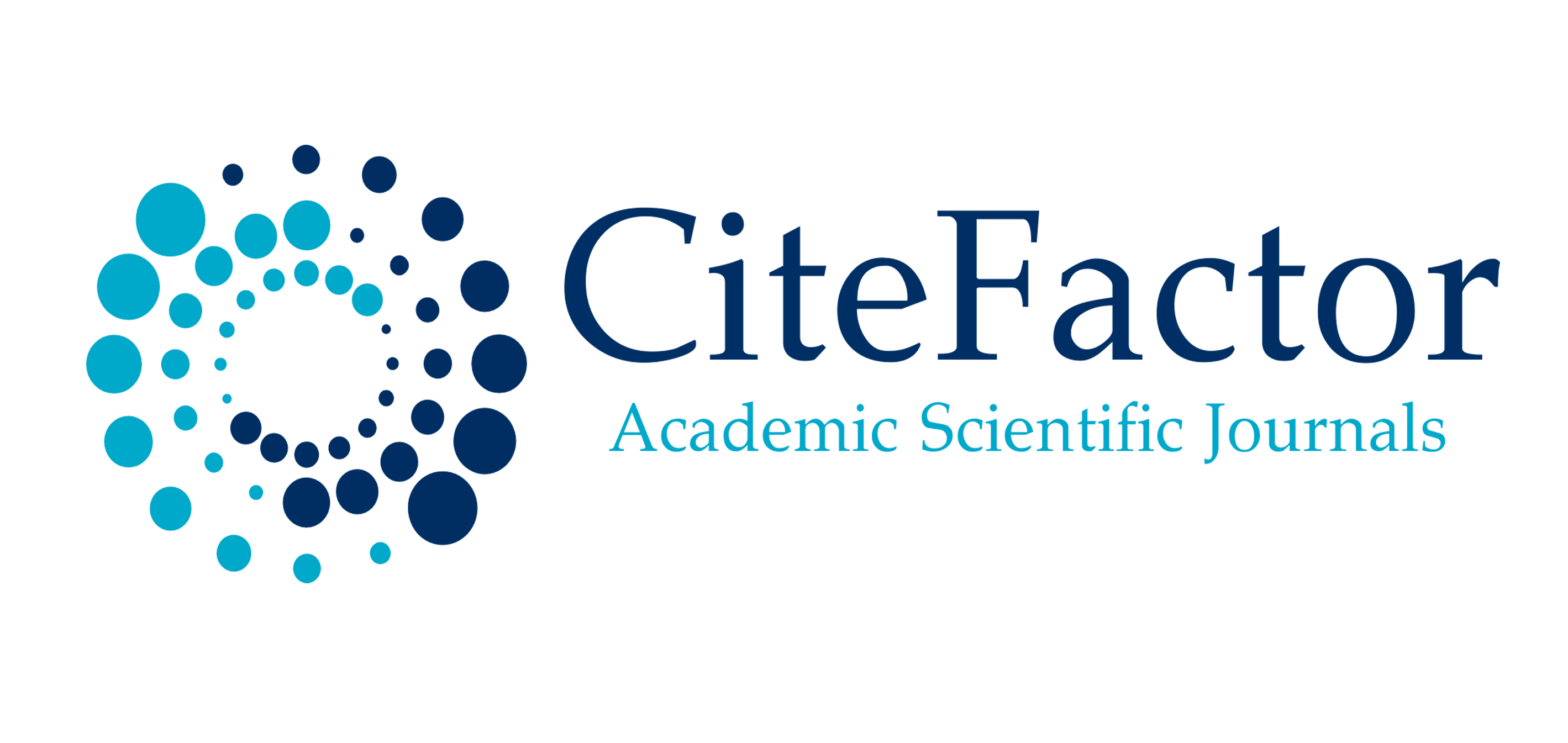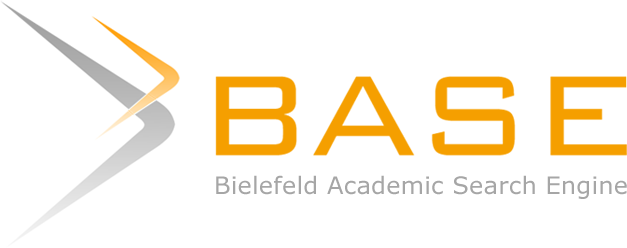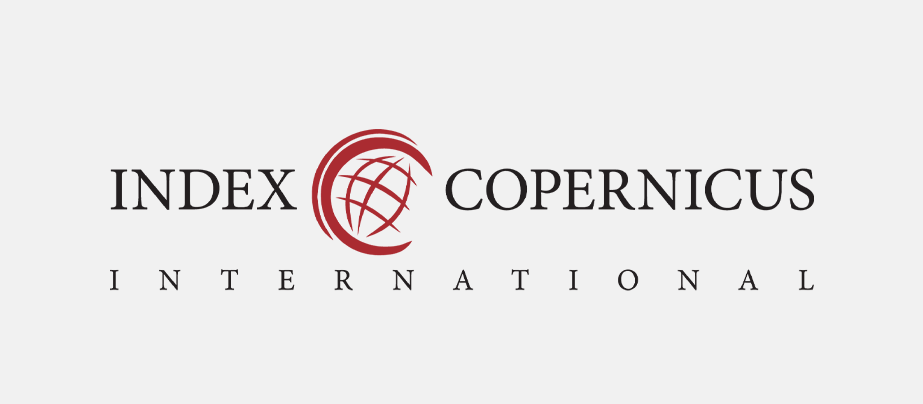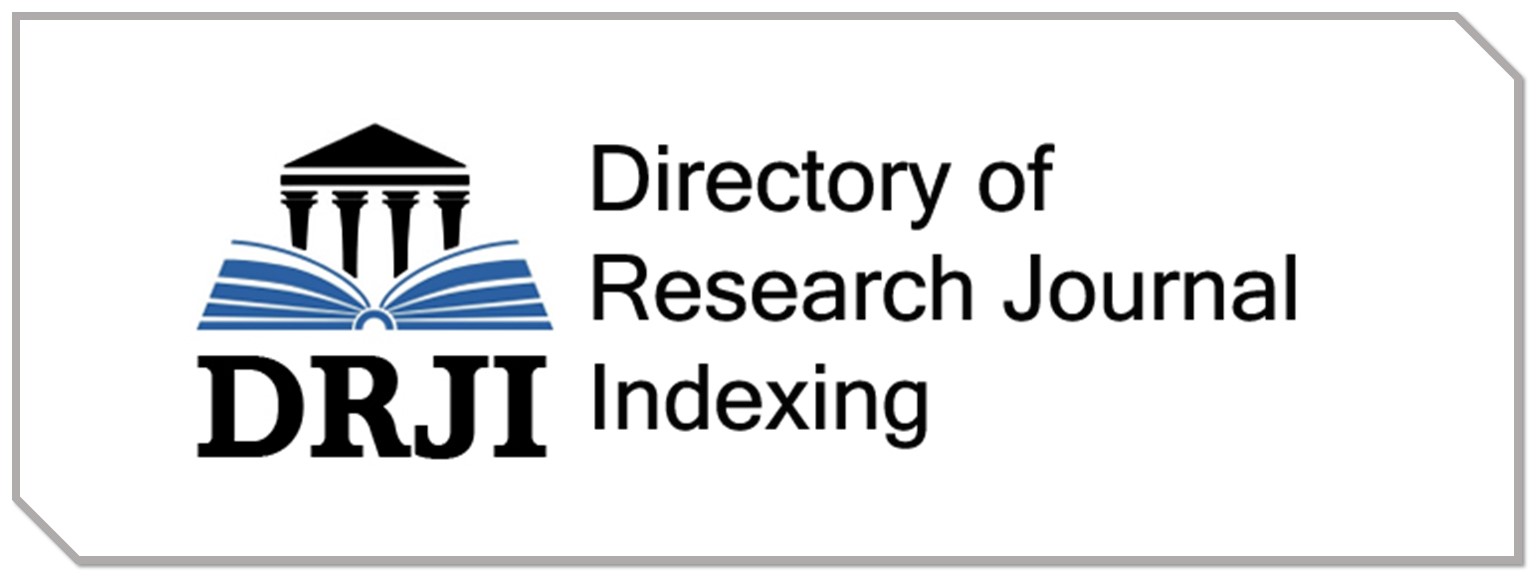Genderlects in Karakalpak and English: Lexical Expressions of Gender
Keywords:
Genderlect, Lexical Expression, Karakalpak Language, English Language, Language and Gender, Politeness Strategies, Gender Roles, Sociolinguistics, Cultural NormsAbstract
This article explores the lexical expression of genderlects in two linguistically and culturally distinct languages – Karakalpak and English. Genderlect, the variation in language use between men and women, is influenced by societal norms, cultural expectations, and language-specific features. The study analyzes how lexical choices in both languages reflect gender roles and identities, with a focus on how men and women express themselves through vocabulary in different cultural contexts. In Karakalpak, the language exhibits clear gender-based lexical differences, with men using more direct, authoritative language and women opting for polite, indirect expressions. In contrast, English genderlect shows fewer rigid distinctions, although women still tend to use polite, expressive, and supportive language. The article concludes that while both languages demonstrate gendered patterns, the extent and nature of these patterns vary due to the cultural and societal contexts in which they are spoken. The findings highlight the role of language in reinforcing and challenging traditional gender norms.

